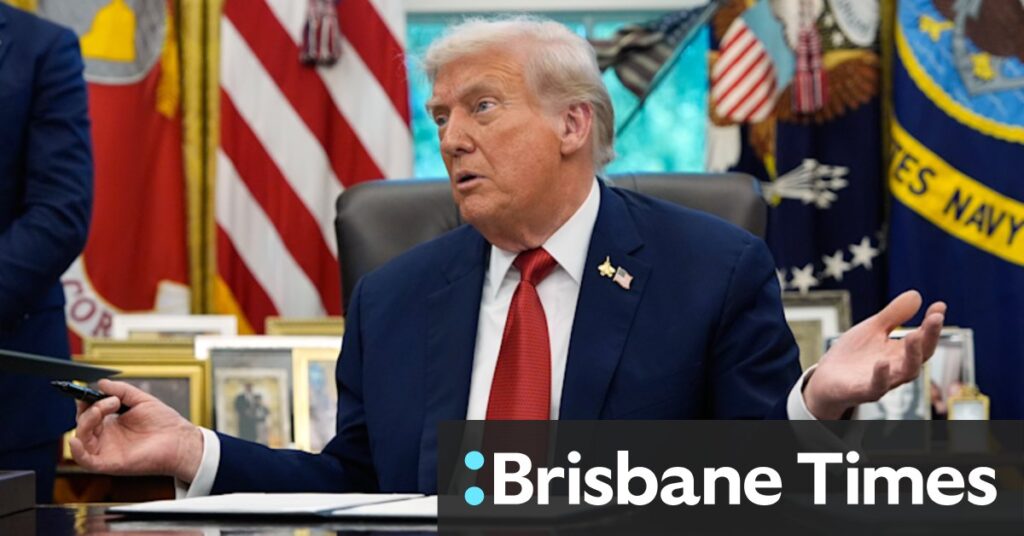
US President Donald Trump has announced the deployment of federal troops to Portland, Oregon, citing the need to protect the city from what he describes as “domestic terrorists.” The move, which Trump declared on social media, involves authorizing the Department of Defense to provide necessary military support to safeguard US Immigration and Customs Enforcement (ICE) facilities, which he claims are under threat from groups like Antifa.
Oregon’s Democratic Governor, Tina Kotek, has strongly opposed the decision, accusing Trump of overstepping his authority. She insists that Portland is managing its public safety needs effectively and that the federal intervention is unwarranted. “There is no insurrection. There is no threat to national security,” Kotek stated during a press conference, emphasizing that the city does not require military oversight.
Governor and Local Leaders Push Back
The announcement has sparked a strong reaction from local government, police, and business leaders who argue that Trump’s portrayal of Portland is misleading. Governor Kotek, along with Portland Mayor Keith Wilson, has called for calm and urged residents not to react to what they perceive as a provocation by the federal government. “This is an American city. We do not need any intervention,” Wilson asserted.
Despite the president’s claims, there was no visible federal presence in downtown Portland over the weekend. Residents like Allen Schmertzler, 72, expressed disbelief over the necessity of such measures. “Where’s the emergency?” he questioned, describing the city as peaceful and under control.
Federal Deployment Plans and Local Responses
Trump’s decision to send troops to Portland is part of a broader strategy to deploy federal forces to other American cities, including Chicago and Memphis. However, the specifics of these deployments remain unclear, with the White House yet to provide a timeline or details about the military units involved.
In Memphis, local protests have already begun in anticipation of federal troop arrivals. Demonstrators have voiced their opposition, arguing that the city needs investments in education and social services rather than military intervention. Similar sentiments have been echoed by Oregon officials who are advocating for a focus on community support rather than federal enforcement.
Historical Context and Current Tensions
Portland has a history of protests, particularly following the 2020 racial justice demonstrations sparked by the killing of George Floyd. The Trump administration previously deployed federal agents to the city to protect federal properties, a move that was met with significant resistance and legal challenges.
Recent protests in Portland have been more subdued, centered around the ICE building, which has been a focal point for demonstrators. The building has been fortified with boarded windows and graffiti, while federal agents and protesters have occasionally clashed, resulting in injuries on both sides.
Legal and Political Implications
The deployment of federal troops raises questions about the balance of power between state and federal authorities. Oregon’s congressional delegation, with the exception of Republican Congressman Cliff Bentz, has criticized the move as an abuse of executive power. They argue that it undermines the constitutional framework and could incite further unrest.
Pentagon spokesperson Sean Parnell has stated that the Department of Defense is prepared to support the Department of Homeland Security’s operations in Portland at the president’s direction. However, no official request for National Guard support has been made, according to Lieutenant Colonel Stephen Bomar of the Oregon National Guard.
The situation in Portland continues to evolve, with local leaders and residents closely monitoring the federal government’s next steps. As tensions remain high, the focus remains on maintaining peace and addressing the root causes of unrest through community engagement and support.
For ongoing updates and expert analysis on this developing story, sign up for our weekly newsletter, “What in the World,” to get insights from our foreign correspondents.







